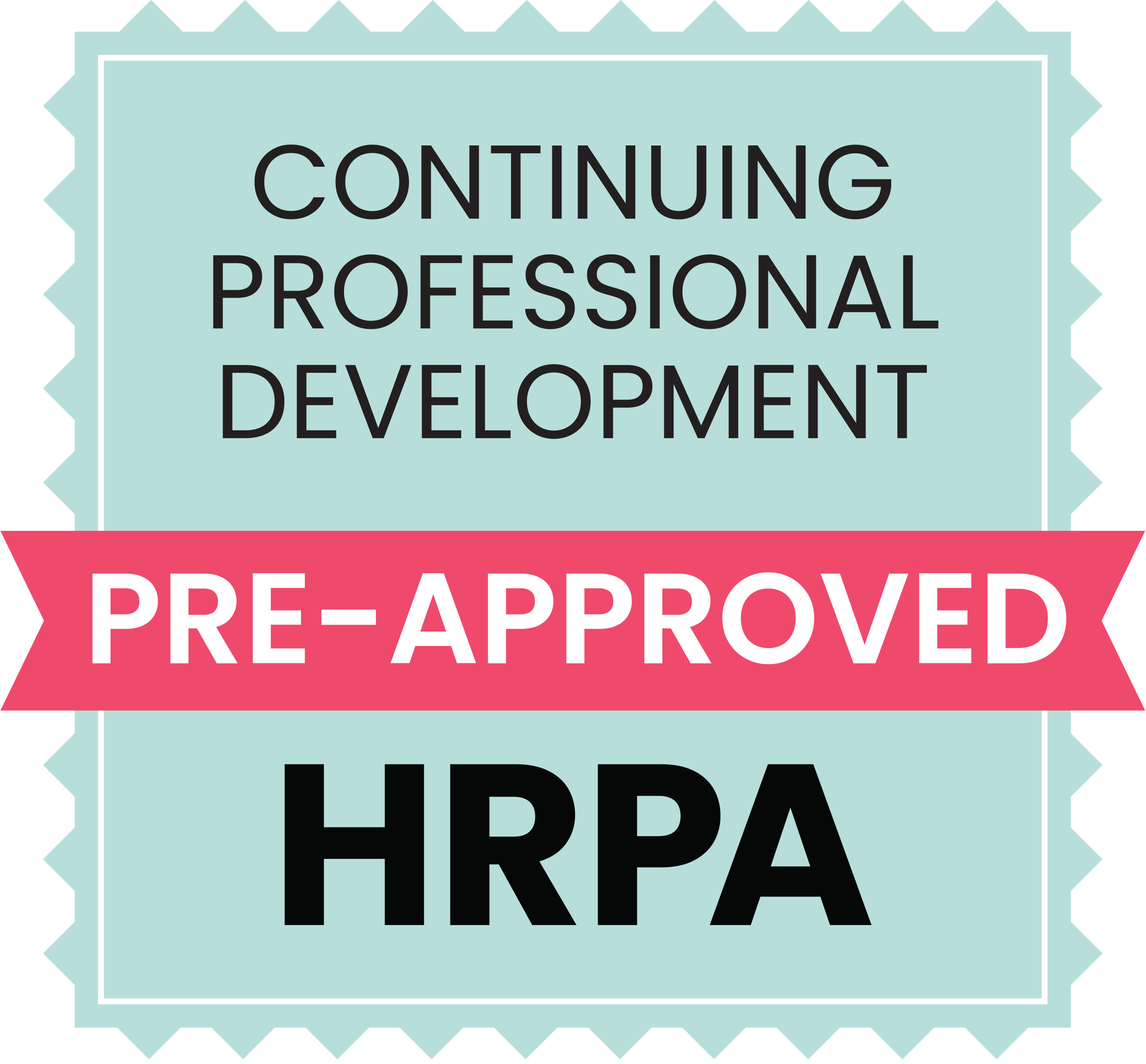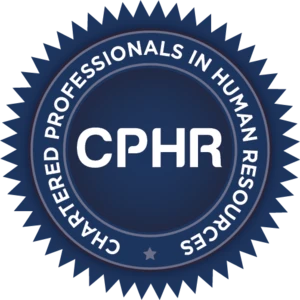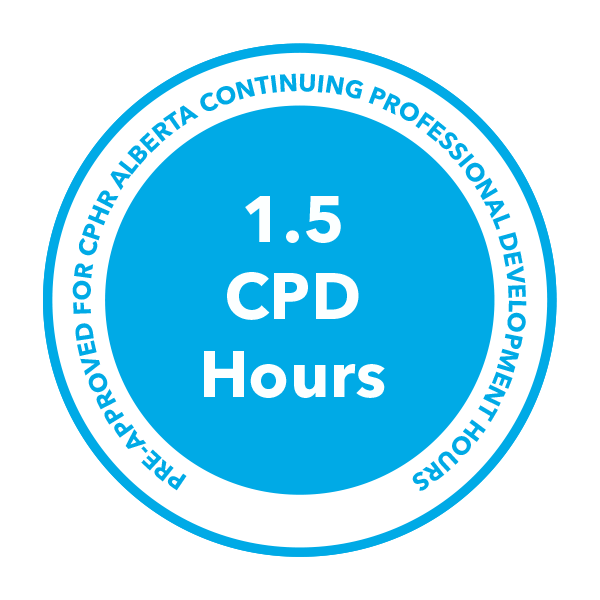Option: Live Webinar, video, and MP3 Bundle | Live Webinar | Video and MP3$595.00Add to cart
Includes: Webinar Recording with all Associated Materials
April 18, 2024
Conduct that may have been tolerated in the past is no longer considered acceptable. Employers are now facing a higher degree of accountability for failing to address misconduct in the workplace, while employees are also facing harsher consequences for engaging in bullying and harassing behaviour. In this webinar, leading experts will discuss the impact of key employment and labour decisions involving claims of discrimination and harassment in the workplace. Topics to be addressed include:
- When do employers have a legal obligation to address bullying and harassment in the workplace?
- What proactive steps can employers take to create a safe and respectful work environment?
- Which forum is more likely to address bullying and harassment and in what circumstances?
- When will arbitrators, tribunals, or courts find that employers have met their duty to protect the health and safety of their employees? What consequences may employers face if they fail to meet this duty?
- When do interpersonal conflicts or management styles rise to the threshold of “bullying and harassment”? Are subjective perceptions and intentions, personality traits, and/or workplace culture relevant?
- What evidentiary burden does an employee have to meet to make out a claim before an arbitrator, tribunal, or court for alleging bullying and harassment in the workplace?
- What remedies are available to employees who have experienced discrimination and harassment in the workplace?
- What factors do arbitrators, tribunals, and/or courts consider when assessing the appropriate penalty for harassing behaviour?
- Can an employer discipline an employee for bullying and harassment that occurred outside the workplace?
- What are the implications of recognizing harassment as a tort, e. a civil cause of action, as Alberta has done?
Moderator
Speakers
CPD








